How do you become a responsible tourist? What practical actions can you take?
Even before I started traveling, I always felt this deep drive in me to advocate for the environment. Growing up near a forest, I got connected to the natural world. There’s always this unexplained sense of connection and intimacy brewing whenever I roam the forest or just immerse into the chilly waters of our rivers.
I could feel the trees welcoming me whenever I set foot on their abode. The birds would sing. The flowers would bloom. The sky clears. The sun’s rays penetrate the forest and show magnificent displays. I would consider these as magical encounters. God must be reaching out to me that way, telling me to protect them.
I took that call as my lifelong mission.
That call has always compelled me to act in according to the laws of nature whenever I travel especially to natural destinations. I know I have to act or behave accordingly, respecting of the trees, the mountains, the spirits, and every elements that make up to a perfect balance. I know I have to position myself as part of that balance.
In other words, I have to be responsible. As a tourist. As a traveler. Or whatever term you like to call yourself.
I’ve reflected on this years for years. On this article, I wish to share ways on how you, me, and everyone can become responsible tourists. After all, we all have a role to play. We are all called for stewardship over this precious gift from God-Earth.
Ways to be a Responsible Tourist
1. Dispose your Garbage Properly
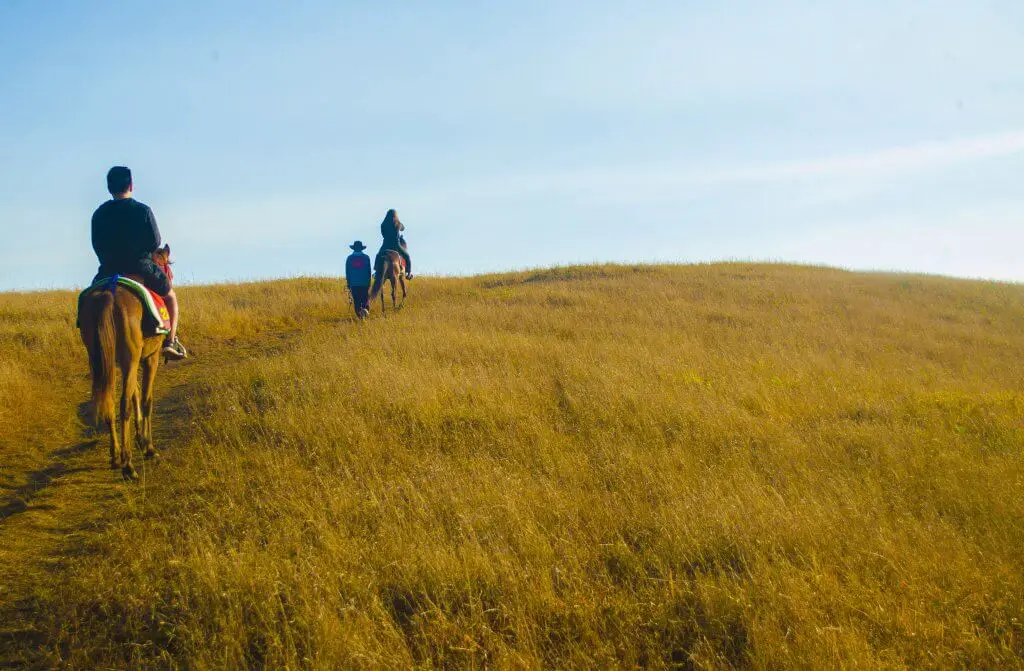
We all know it.
Many tourist spots across the world are littered with plastics and other wastes. If you’ve been to the most famous beaches such as Boracay or those in Carribean Islands, you’ll know what I’m talking about. Even in remote destinations such as Mt Everest, you’ll find mountains of garbage piled on its slopes.
Not only are these plastics and garbage destroying the aesthetic beauty of the place. They’re harming wildlife, natural vegetation, and even the local communities.
So if you wish to make a difference, dispose your garbage properly. That’s one of the most helpful ways you can do as a responsible tourist.
As for me, I often pick litter along the way and put them on thrash bins. Some people would call me weird. But I know to myself that I just saved a wildlife whenever I do that.
You can too, my dear friend:)
2. Respect Local Culture

I come from an indigenous community. Whenever new people come to our village, I often feel offended when I see them wearing mini-shorts or revealing clothes. Or when they smoke in places we consider sacred and pristine.
Of course, I don’t blame them. But that’s a common sentiment of many indigenous peoples (IPs) or other conservative communities worldwide.
That is why it’s important for us to be aware of the do’s and don’ts when visiting a community especially those in indigenous territories. Know the common taboos.
Don’t force them to adjust to your culture. Instead, adjust to their way of life. Remember. You are in their territory. And as goes a common adage, “When in Rome, do as the Romans do.”
3. Go Local

Today, more and more communities especially with rich natural resources and culture are resorting to ecotourism. That is to boost the local economy while protecting their rich culture and environment.
You can help in that campaign. How?
Go local! Patronize locally-made products and services. Sleep on eco-friendly accommodations. Dine on restaurants serving local dishes and delicacies.
This is one of the best ways you can do to be a responsible tourist.
Every penny you give for going local will go a long way in helping communities grow sustainably while preserving their culture and environment.
4. Say No to Plastic Straws
Have you seen the viral pic of a turtle with a plastic straw pierced on its nose? That’s just one of the countless cases of straws harming wildlife including sea birds, whales, dolphins, and other species.
Want to make a difference as a responsible tourist? Don’t use plastic straws!
Come on. Sipping your drinks on the lid or mouth of the cup or bottle wouldn’t be that hard, right?
Every no to a plastic straw means a wildlife species saved.
Thankfully, there are now eco-friendly alternatives to plastic straws. Of these, I would recommend bamboo straws as these are biodegradable and produced mostly by local organizations.
By patronizing bamboo straws, you’re helping uplift local economy while saving the planet.
5. Walk, walk, walk
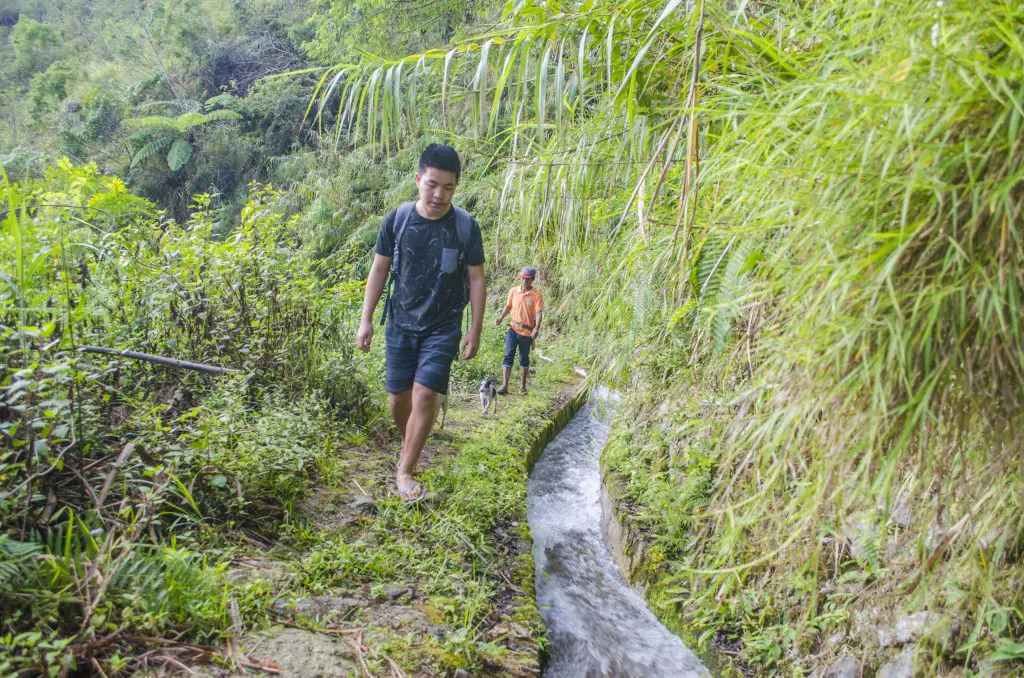
Did you know that transportation accounts to approximately 72% of tourism’s overall carbon emissions?
So when visiting destinations especially rural areas, best to walk whenever possible.
I, for one, don’t have to take a jeep or a cab when the tourist attraction I am headed to is just an hour or two of walk away. Walking alone is a thrilling experience as you’ll catch sights along the way.
You’ll also get to interact with the locals and learn from their way of life. Who knows? Somebody might invite you to their house for a cup of coffee. This has happened to me several times, making me feel connected to the community.
Walking is not only helpful for the environment. It also helps improve your health.
6. Please Don’t Purchase Endangered Species
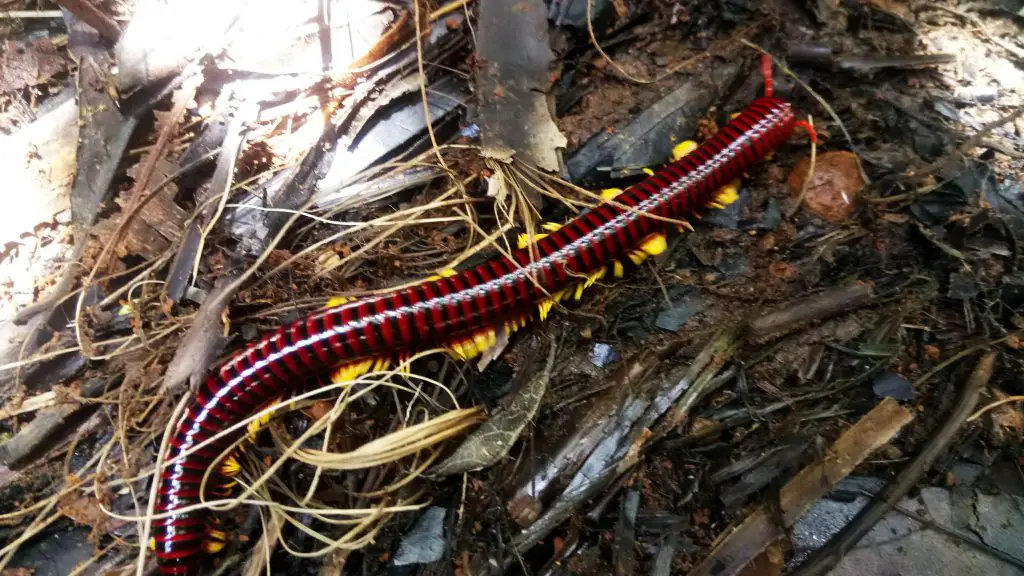
Some tourism areas with rich natural resources often sell wildlife species including endangered ones.
Sure, it feels exciting to buy one to serve as a pet. But please, don’t ever do that! Instead, report to local authorities or launch a campaign to stop selling wildlife species.
Today, wildlife trade is one of the leading causes of animal extinction. Tigers, elephants, rhinos, eagles, turtles, sharks, and many more iconic species are rapidly declining as a direct result of wildlife trade.
Please don’t contribute to their demise. We all can help save these species with our voice, may that be online or offline.
Let’s all put an end to wildlife trade. That one of the meaningful actions of a responsible tourist.
7. Initiate Meaningful Activities
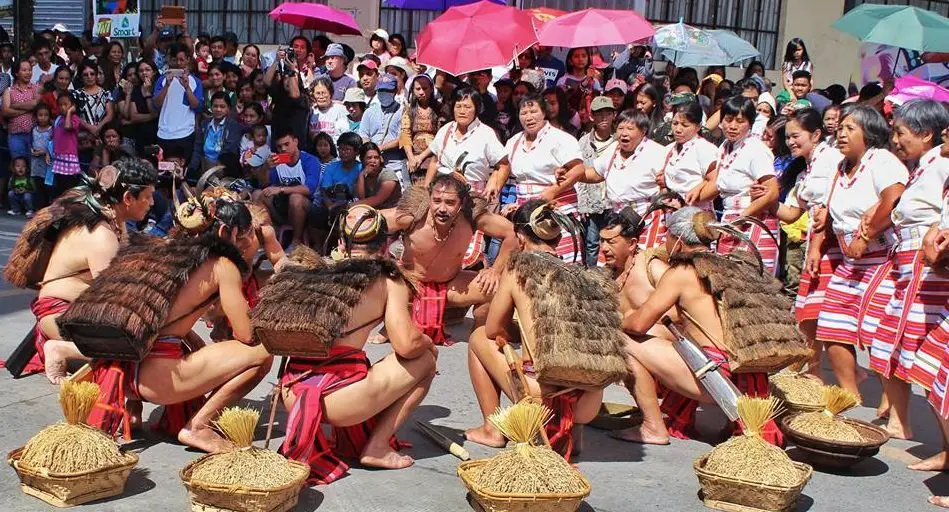
For a lot of communities, eco-tourism is their main economic driver.
So whenever given the chance, I and my friends would organize activities to help the community even in little ways. In one instance, we conducted a book giving activity for local schoolchildren. We also donated bags and other school supplies given by generous sponsors we know.
So if you can offer help to a community you’ll visit, why not?
You can organize seminars for the youth. Initiate a clean-up drive or tree planting. Help in community chores such as harvesting crops.
8. Interact with the Locals
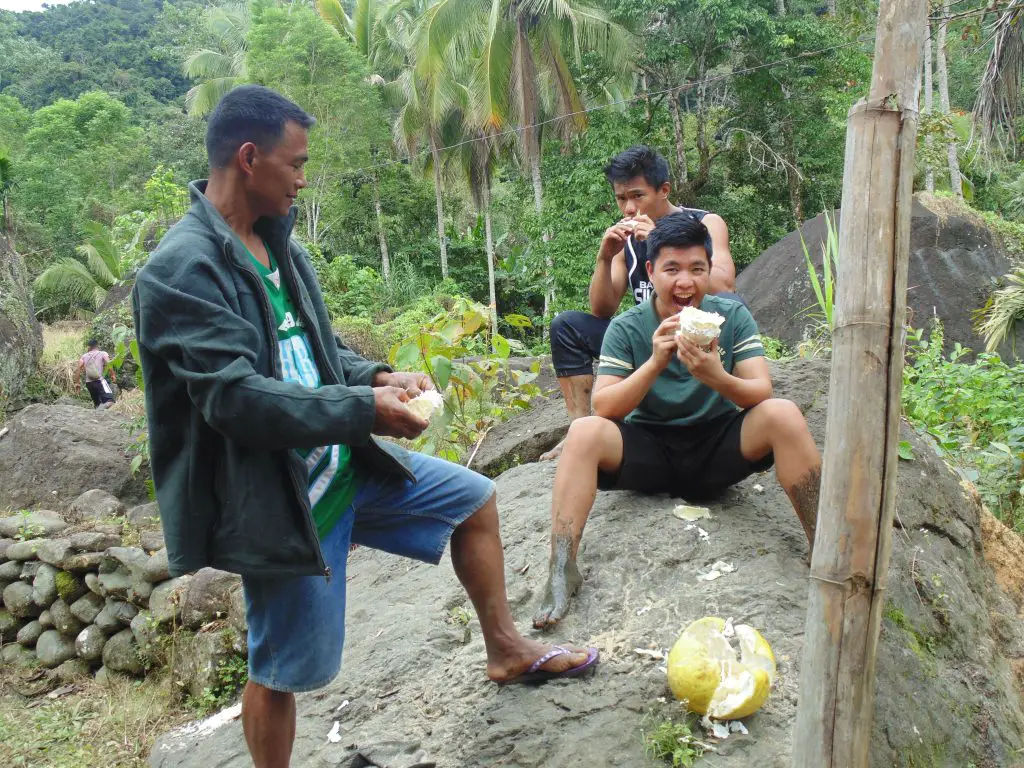
Locals often shy away when there are tourists in town.
So whenever I visit a community, I would gladly interact with the locals. I share casual jokes with them and listen to their stories.
Sure. It feels awkward at first. But as soon as you click on them, interactions go smoothly and fun.
To build better connections, I try to converse with them using their language. That is why I always research about a place, its people and language before visiting it.
Even if I learn only a few words, that’s will go a long way in earning their trust and confidence to converse with you.
Other Practical Rules
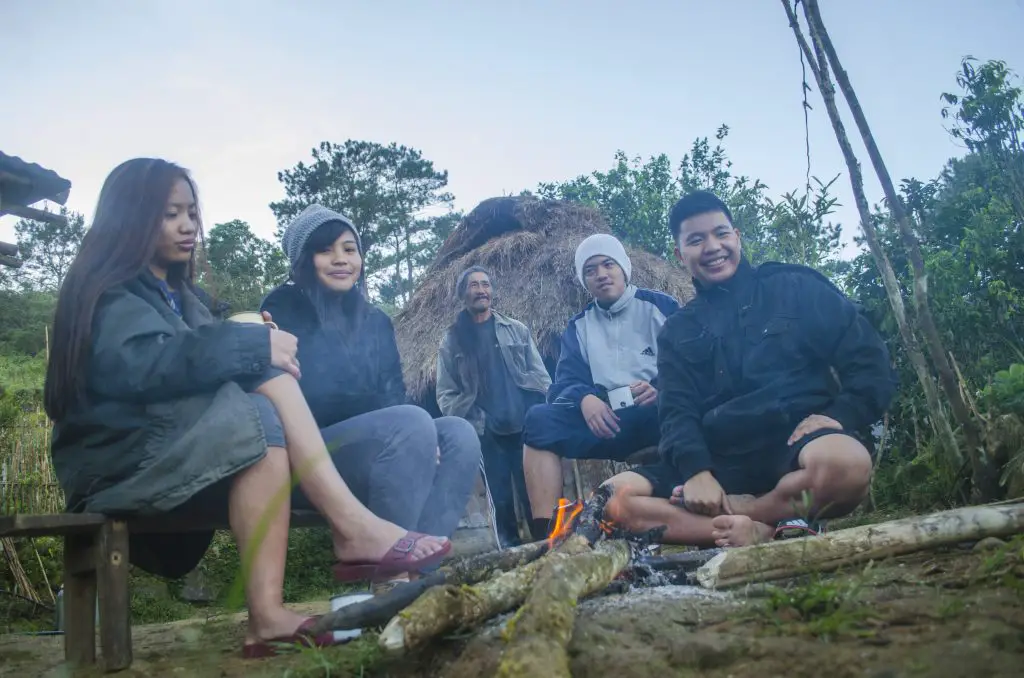
9. Learn as much as you can. Be open-minded and let go of preconceived judgments.
10. Listen intently to the stories of your tour guide.
11. Don’t just pick flowers or other fauna along the way. These are for your eyes only.
12. Strictly abide by local tourism guidelines. Avoid the common feeling of entitlement just because you are a tourist.
13. Only follow designated trails when hiking or strolling around.
14. Don’t do things that can cause disturbance to the local community and wildlife. For example, avoid playing music when hiking in the forest so as not to scare wildlife.
15. Immerse yourself to the place you are visiting to achieve a genuine and lasting experience. Don’t just visit a place for sightseeing but also for learning and interacting.
P.S. Got any ideas on how to be a responsible tourist? Share your insights and recommendations on the comment section below. Let’s connect:)

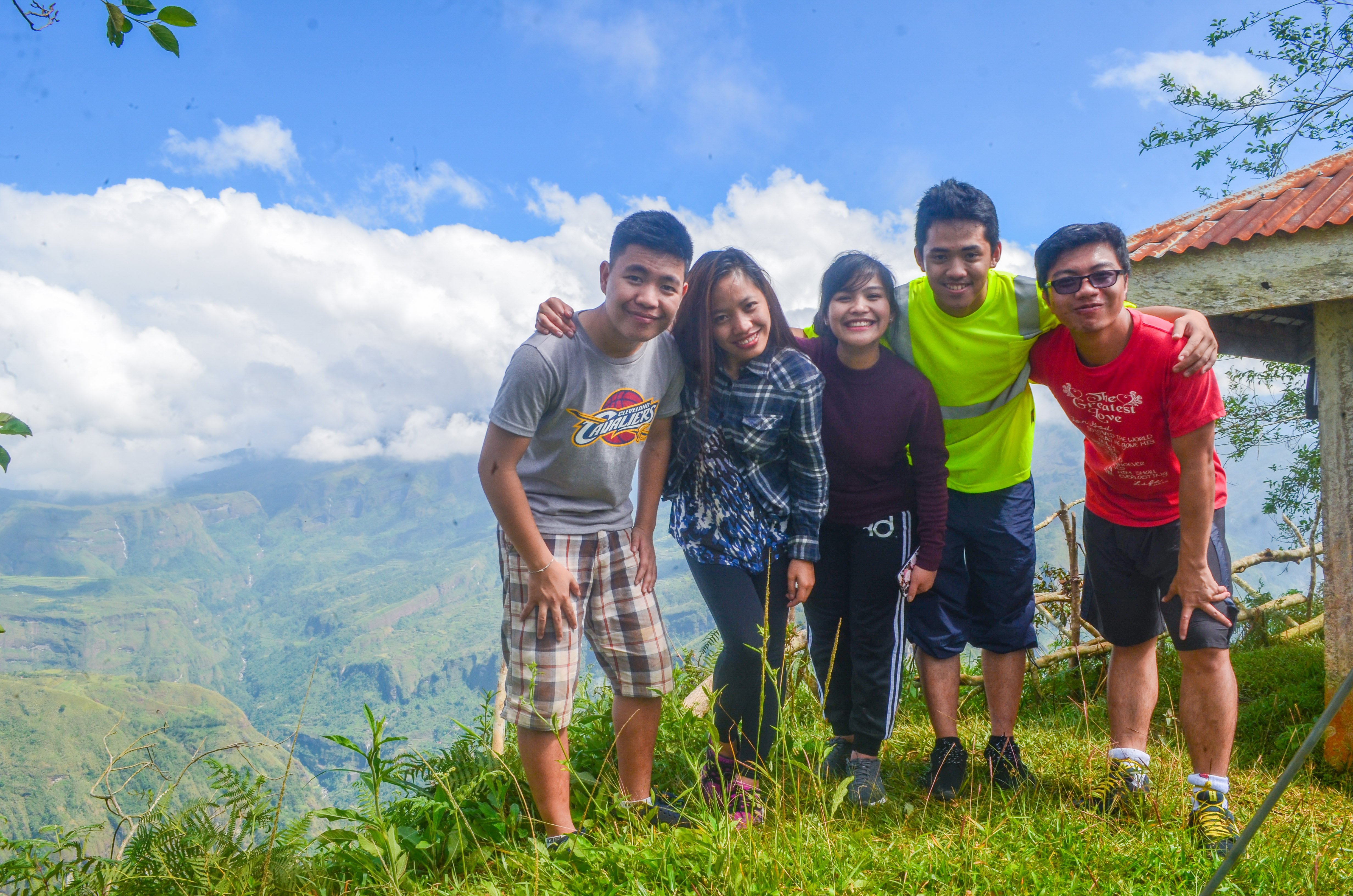
the best thing about traveling is finsing a home in a strange place, it fills the missing part of our heart and hone us to be a better person than we used to be, in return, it our responsibility to help conserve what the community protected. We should be a channel for progressive yet sustainable development as envisioned by the community themselves.